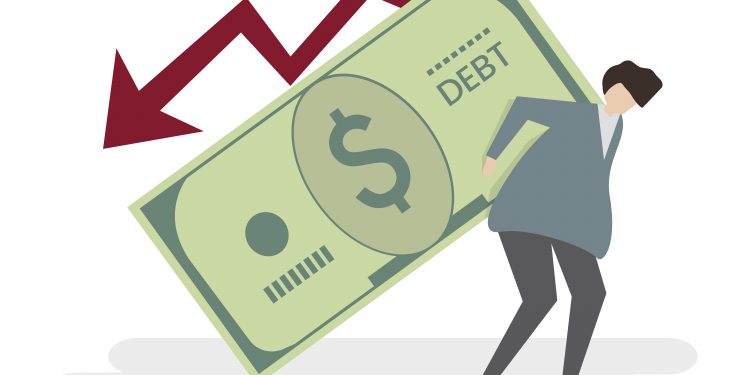The Federal Reserve Board made an announcement today that it is seeking input on a clarification to Regulation II requiring that all financial institutions, regardless of asset size, offer two unaffiliated debit networks on cards that will function for purchases made both in-store and in remote channels. Here’s a link to the Fed’s announcement.
While all financial institutions offer two unaffiliated debit networks today, some issuers do not offer a version of a domestic EFT debit network (aka PIN debit network) that will work for all ecommerce purchases. The Fed correctly points out that when Reg II first rolled out, this capability wasn’t available.
Since then, networks like Shazam, STAR, PULSE and Accel among others have rolled out their PINless debit products that allow purchases made online to be routed through their networks instead of the global networks. Here’s what the Fed said in its announcement:
“…the regulation requires that there be at least two unaffiliated payment card networks enabled on a debit card to process debit card transactions. At the time the Board promulgated Regulation II, the market had not developed solutions to broadly support multiple networks over which merchants could choose to route card-not-present transactions. Although technology has subsequently evolved to address these barriers, data collected by the Board and information from industry participants indicate that two unaffiliated networks are often not available to process card-not-present debit card transactions because some issuers do not enable two networks for those transactions. The absence of at least two unaffiliated networks for card-not-present transactions forecloses the ability of merchants to choose between competing networks when routing such transactions, an issue that has become increasingly pronounced because of continued growth in online transactions, particularly in the COVID-19 environment.”
This change or clarification to the regulation under consideration was sparked by a letter written to the Fed last October by Senator Durbin. More on that here.
So what does this mean? I suspect that the clarification will be made and those financial institutions that don’t already offer PINless will need to change their issuance strategy going forward. Also, merchants who optimize their routing will have another option for ecommerce transactions when a debit card is used.
If merchants select the EFT debit network, they will likely be charged less interchange meaning financial institutions will see less interchange revenue.
Overview by Sarah Grotta, Director, Debit and Alternative Products Advisory Service at Mercator Advisory Group










